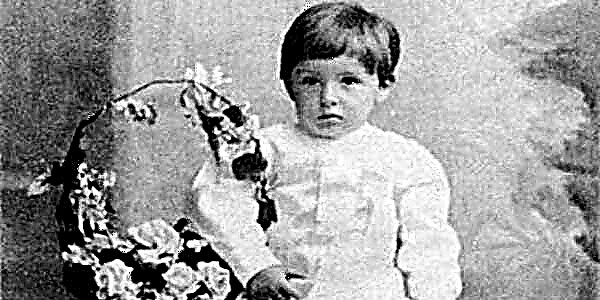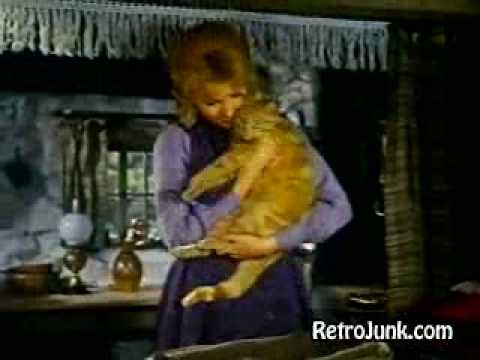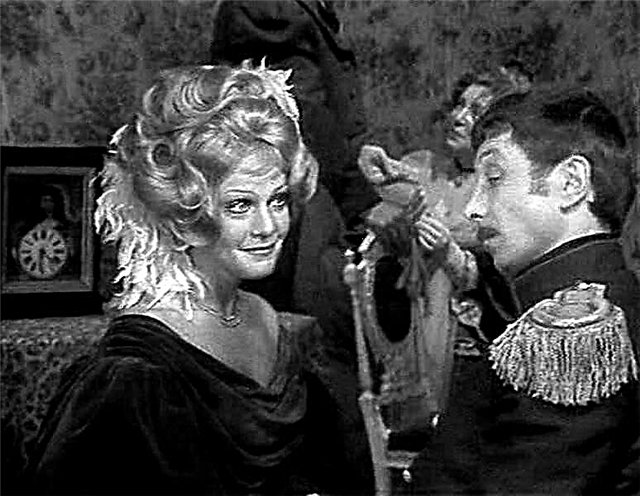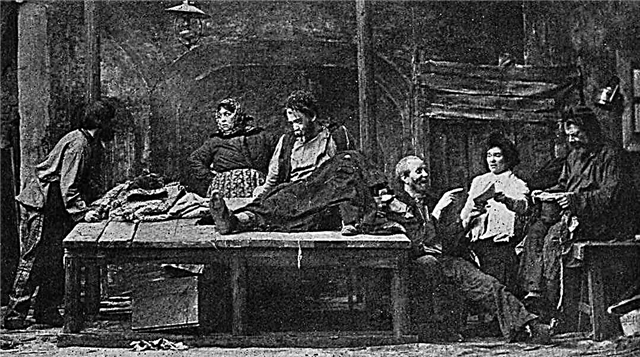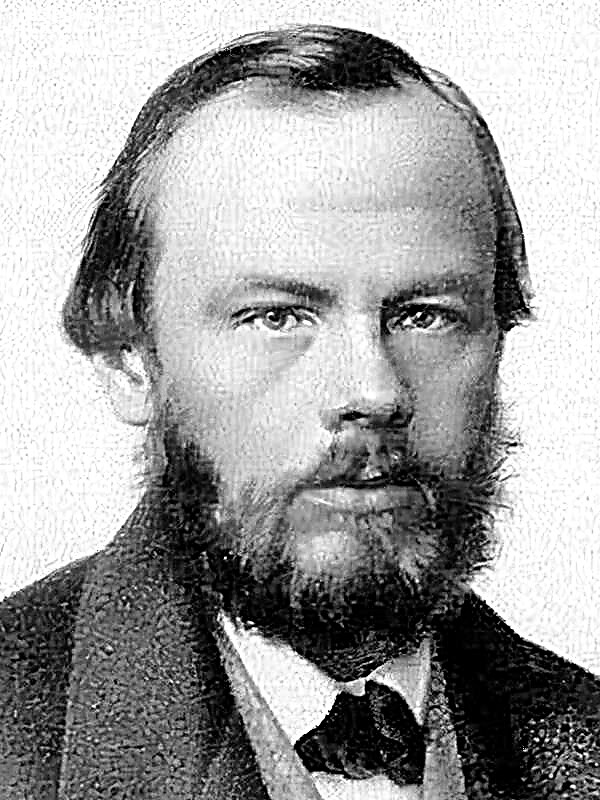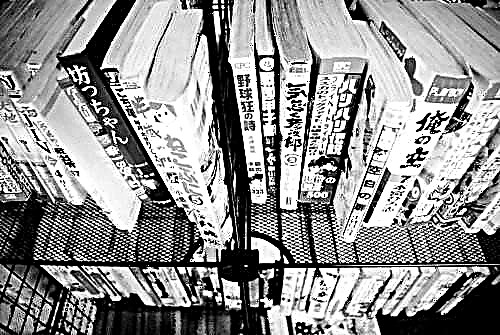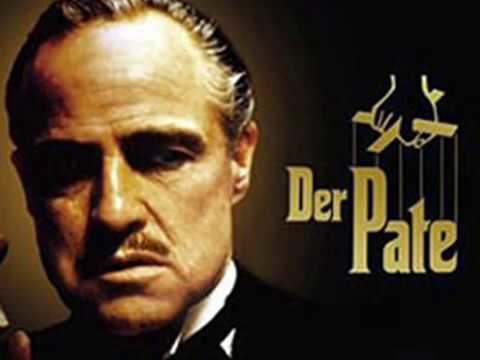Nikolai Alekseevich Nekrasov is a prominent figure of Russian literature of the 19th century. It is he who is considered the main successor of the romantics - Pushkin and Lermontov. This poet is a master of literary words - he masterfully mastered all the lyrical genres - verses, poems, elegies. Of course, for many curious readers, Nekrasov is the author of "folk poems" in which he masterfully conveyed the bitter fate of the peasants and general injustice, but this is only one of the facets of his talent. He is also an unsurpassed lyric poet.
History of creation
“You and I are stupid people” is Nekrasov’s amazing lyric poem written in 1851. The history of the creation of this work is closely intertwined with the love story of the author. Nikolai Alekseevich loved Panaeva, a married woman, tried in every possible way to achieve her disposition. Secret meetings, attempts to keep relationships in the strictest confidence were unsuccessful, and in 1846 something unimaginable happened - the poet entered the Panaevs house as a lover, that is, Panaeva, her husband and Nekrasov lived in the house.
Of course, such cohabitation was actively discussed in secular society, put up for general discussion, which could not help but make the lovers angry. It was from 1846 that Nikolai Nekrasov began to quarrel with Panaeva and came to the idea that to describe this phenomenon, try to explain the nature of the quarrels and their meaning.
Genre, direction and size
From the first lines it becomes clear that the poem can be safely attributed to love lyrics, because, speaking of lovers, there can be no other feeling like love. Nekrasov continues the tradition of romanticism, but also depicts shades of realism in his own lyrics, filling it with ordinary worldly sketches.
The poem is written by a three-foot anapaest using cross rhyme (ABAV). Literary scholars have already agreed that anapaest is the best of the syllabonic tonic sizes that can convey lyricism and sensuality of the mood of the lyrical hero, thanks to a rather non-dynamic alternation of stressed syllables.
Images and Symbols
The lyrical hero and his lover - these are all the characters in the lyric work. Both of them love each other, but their hot temper makes itself felt in flashes of quarrels. The author calls himself and the chosen one stupid people, giving this adjective a completely harmless meaning. He is touched by the ability of each of the lovers to instantly inflame with anger and immediately fade away.
It is also worth noting that in the love lyrics there can be no motive for love, a romantic feeling between a man and a woman. The motive of the quarrel is the backbone of the poem, which was the reason for writing the work.
Themes and mood
The main theme of the poem is the passionate relationship of lovers. The writer masterfully conveys the tension between them - "excites the soul and torments." Nekrasov does not describe the phenomenon of a quarrel very tragically; he is sure that it is inevitable; therefore, one must treat a quarrel philosophically - as a test of relations for strength.
In the poem there is another topic - the theme of reconciliation of lovers. The poet does not paint a picture of a happy day for a couple, the reader can only guess how much it will be good for the two of them, because the question of what might happen so that the lovers do not reconcile is not even worth it.
Of course, all these microthemes are part of the main theme, love. The relationship between a man and a woman is a natural phenomenon that develops dynamically, so it will always have ups and downs, quarrels and reconciliations.
Main idea
The main idea of the poem is that a quarrel is a natural period in the relationship of loving people. To make peace, you need to express emotions. Although this moment is acute, the stronger the feeling of love after a quarrel.
In close relationships, do not be silent. The author calls for solving the problems “here and now” without leaving or not melting grievances. Nekrasov is convinced that every quarrel only strengthens the union of lovers, makes the couple stronger, more intelligent, judicious and adult.
Means of artistic expression
The poem is small in volume, so it does not abound in epithets and metaphors, but they still have a place to be.
“Unreasonable, harsh word” is a very figurative epithet that conveys the attitude of the lyrical hero to the nature of the quarrel. The hero is aware that conflict is a stupid and impulsive act that cannot be taken with the utmost seriousness. A quarrel is an emotion.
“Prose in love” is a popular metaphor for writers that describes dullness and everydayness, and sometimes negative aspects of love.


